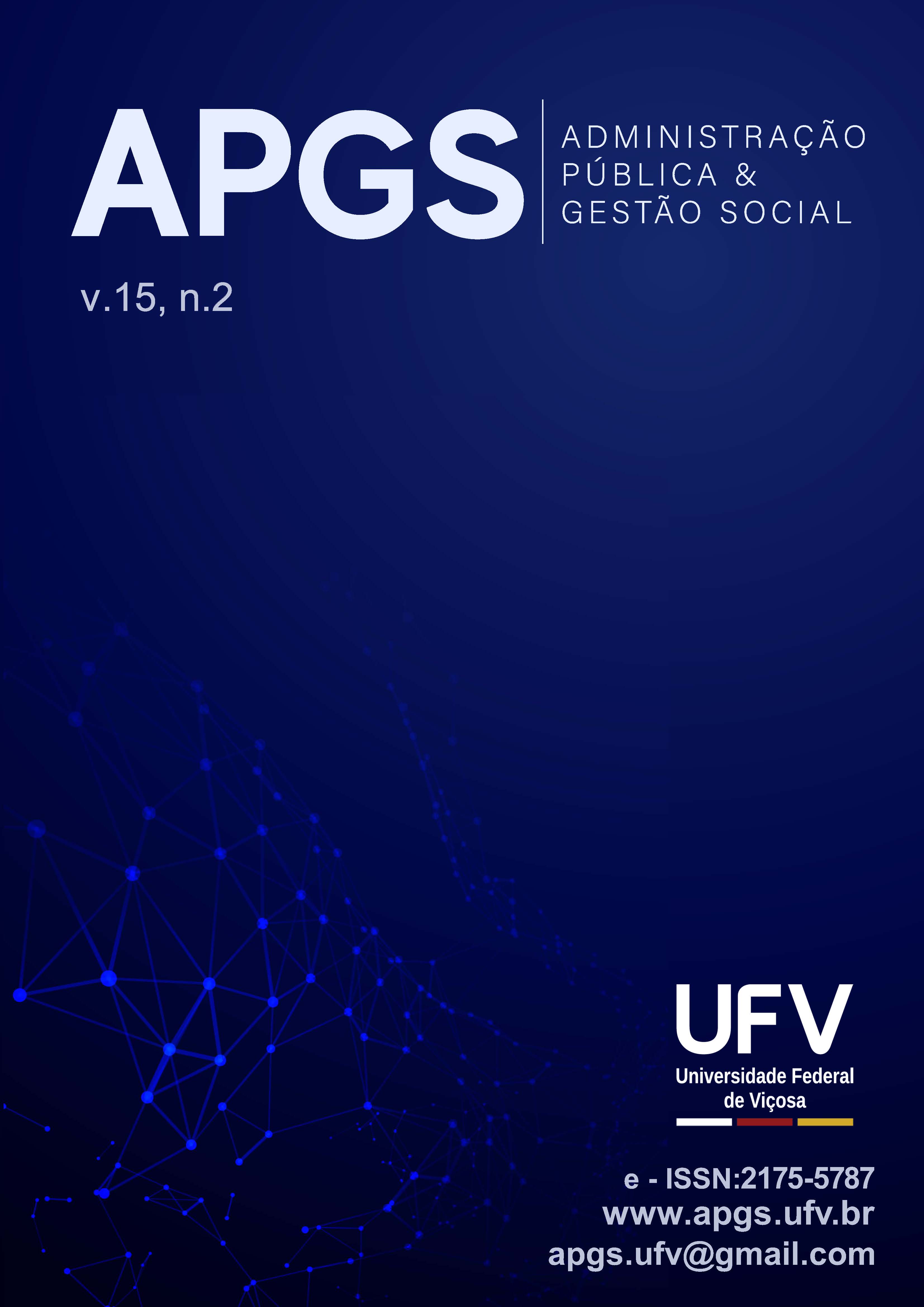Education and Social Innovation: The Reciprocal Formation
DOI:
https://doi.org/10.21118/apgs.v15i3.14326Abstract
Case context: This teaching case discusses the relationship between education and social innovation, based on one of the episodes of the Brazilian documentary series “Destino: Educação – Escolas Inovadoras” (Futura Channel), broadcast by Globoplay, reflecting how education is associated with social innovation in practice. The aforementioned documentary addresses the Projeto Âncora, a school located in Cotia/SP, due to its innovative characteristics highlighted in the Brazilian context.
The dilemma of the Case: With a Freirean perspective of transformative learning, the case, by emphasizing an autonomous education that contributes to the emancipation of those involved, seeks to answer the following dilemma: “Can Education generate social innovation?”.
Case closure: The initiatives mentioned allow guiding the discussion in both directions: from Education to social innovation and vice versa. Teachers of Higher Education in Administration, Public Management, Pedagogy, and related courses can use the case in subjects that work directly or indirectly on the topics discussed.
Keywords:Education, Social Innovation, Freirean Approach, Social Change, Teaching Case.
Downloads
Published
How to Cite
Issue
Section
License

This work is licensed under a Creative Commons Attribution-NonCommercial-NoDerivatives 3.0 Unported License.
Authors who publish in the Journal of Public Administration and Management Social (APGS) must agree to the following terms:
• Authors retain copyright and give the journal the rightof first publication with the work simultaneously licensed underthe Creative Commons Attribution License, permitting sharingwork with the recognition of the work of authorship and publicationstarting in this journal.
• Authors have authorization to assume additional contractsseparately for non-exclusive distribution of the work releasepublished in this journal (eg. publish in institutional repositories oras a book), with an acknowledgment of its publicationstarting this journal.
• Authors are permitted and encouraged to post theirwork online (eg, in institutional repositories or on their websitepersonnel) at any point before or during the submission process, asit can generate criticism and helpful suggestions, as well asincrease the impact and citation of published work.
• Authors reserve the right of the editors of this journal to make in theoriginal works, alterations of normative order, orthographic andgrammatical, aiming at complying with its editorial policy and keep thedefault cult of language, respecting, however, the authors' style.
• Authors assume exclusive responsibility for their opinionsgiven in the articles published in this journal.



